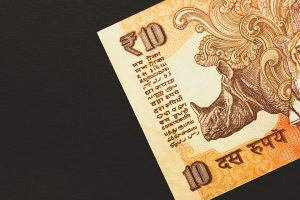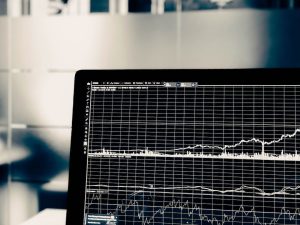Forex trading is a highly volatile and risky market, and traders need to have a clear strategy for when to buy and when to sell. There are various factors that influence the decision to buy or sell, such as economic indicators, market trends, and political events. In this article, we will explore the different approaches to buying and selling forex and provide some tips on how to make informed decisions.
When to Buy Forex?
The decision to buy forex is often based on a combination of technical and fundamental analysis. Technical analysis involves studying charts and identifying patterns in price movements to determine entry and exit points. Fundamental analysis, on the other hand, involves analyzing economic and political factors that affect a currency’s value.
One of the key indicators that traders use to determine when to buy forex is the trend. A trend is the direction in which a currency is moving over a given period, and traders look for trends that are strong and have momentum. A strong uptrend indicates that the currency is gaining value, while a strong downtrend indicates that the currency is losing value.
Another important factor to consider when buying forex is the economic environment. Economic indicators such as inflation, GDP, and interest rates can have a significant impact on a currency’s value. For example, if the interest rates in a country increase, investors may be more likely to buy the currency to take advantage of the higher return on investment.
When to Sell Forex?
The decision to sell forex is often based on a combination of technical and fundamental analysis as well. Traders who use technical analysis may look for patterns in price movements that indicate a trend reversal. For example, if a currency has been in a strong uptrend and starts to form lower highs and lower lows, this could be a sign that the trend is about to reverse.
Fundamental analysis can also play a role in the decision to sell forex. News events such as political instability or economic downturns can have a significant impact on a currency’s value. Traders may look for signs that the news event is likely to have a long-term impact on the currency, such as a change in government policy or a shift in economic fundamentals.
Tips for Making Informed Decisions
When it comes to buying and selling forex, there is no one-size-fits-all strategy. However, there are some tips that traders can follow to make more informed decisions:
1. Set a clear strategy: Before entering a trade, traders should have a clear strategy in place. This strategy should outline the entry and exit points, the stop loss, and the take profit levels.
2. Use risk management tools: Risk management is an essential part of forex trading. Traders should use tools such as stop-loss orders and limit orders to minimize their exposure to risk.
3. Keep an eye on news events: Traders should stay up to date on economic and political news events that could impact the currency markets. This can help them make more informed decisions about when to buy and sell.
4. Seek out expert advice: Traders who are new to forex trading may benefit from seeking out expert advice from experienced traders or market analysts.
Conclusion
In conclusion, buying and selling forex is a complex process that requires a combination of technical and fundamental analysis. Traders should have a clear strategy in place and use risk management tools to minimize their exposure to risk. Staying up to date on economic and political news events can also help traders make more informed decisions. By following these tips, traders can increase their chances of success in the highly volatile forex market.






